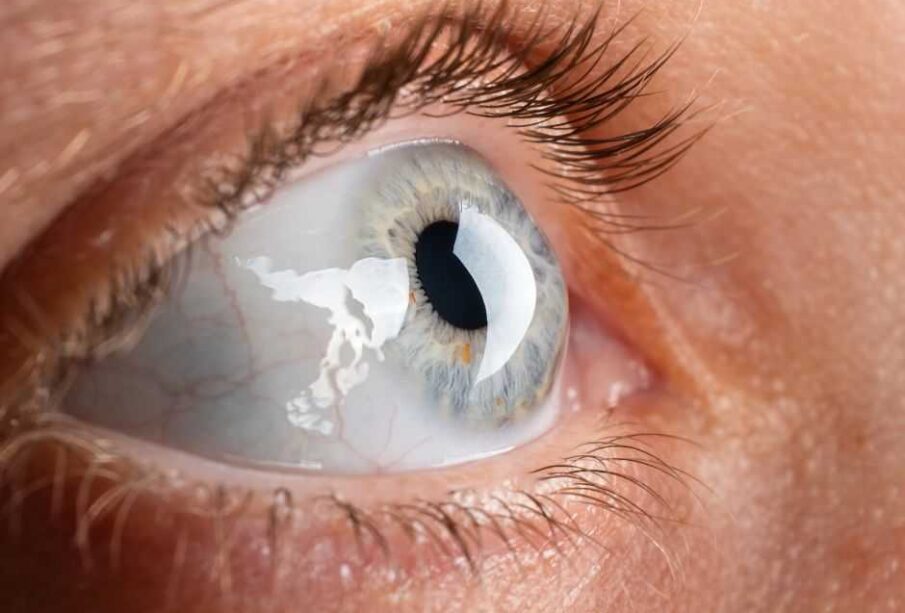Who Would Need a Corneal Transplant in Modesto, CA?

A corneal transplant, also known as keratoplasty, is a surgical procedure that replaces a damaged or diseased cornea with healthy corneal tissue from a donor. This procedure can help restore vision, alleviate pain, and improve the appearance of the eye for individuals with certain eye conditions. An Eye center in Modesto, CA, will be able to give you a clearer picture of the procedure of corneal transplant.
Let’s explore the reasons why someone might need this sight-saving surgery.
- Corneal Scarring
One of the most common reasons for a corneal transplant is corneal scarring. In fact, scars on the cornea can result from infections, injuries, or previous surgeries. These scars can distort vision, causing blurriness or loss of visual acuity. A corneal transplant can help replace the scarred tissue with a clear cornea, improving vision and quality of life for the patient.
- Keratoconus
Keratoconus is a progressive eye disease in which the cornea thins and bulges into a cone-like shape. This condition can lead to distorted vision, increased sensitivity to light, and difficulty wearing contact lenses. In advanced cases of keratoconus where other treatments are ineffective, a corneal transplant may be necessary to restore vision and stabilize the cornea.
- Fuchs’ Dystrophy
Fuchs’ dystrophy is a hereditary condition that causes gradual deterioration of the cells lining the inner surface of the cornea. As the disease progresses, the cornea will become swollen, leading to cloudy vision, glare sensitivity, and discomfort. In severe cases, a corneal transplant can replace the damaged endothelial cells with healthy ones, improving vision and reducing symptoms.
- Corneal Infections
Severe corneal infections, such as fungal keratitis or bacterial ulcers, can cause extensive damage to the cornea. If these infections do not respond to antibiotics or antifungal medications and lead to significant scarring, a corneal transplant may be necessary to remove the infected tissue and restore vision.
- Corneal Degeneration:
Certain conditions like corneal dystrophies or autoimmune diseases can result in progressive thinning or degeneration of the cornea. As the cornea loses its structural integrity, vision can be severely affected. In such cases where medical treatments are insufficient, a corneal transplant may be recommended to replace the diseased cornea with healthy tissue.
Corneal transplants are vital procedures that can significantly improve the quality of life for individuals with various corneal conditions. By replacing damaged or diseased corneal tissue with healthy donor tissue, these surgeries offer hope for better vision, reduced discomfort, and enhanced visual clarity.










